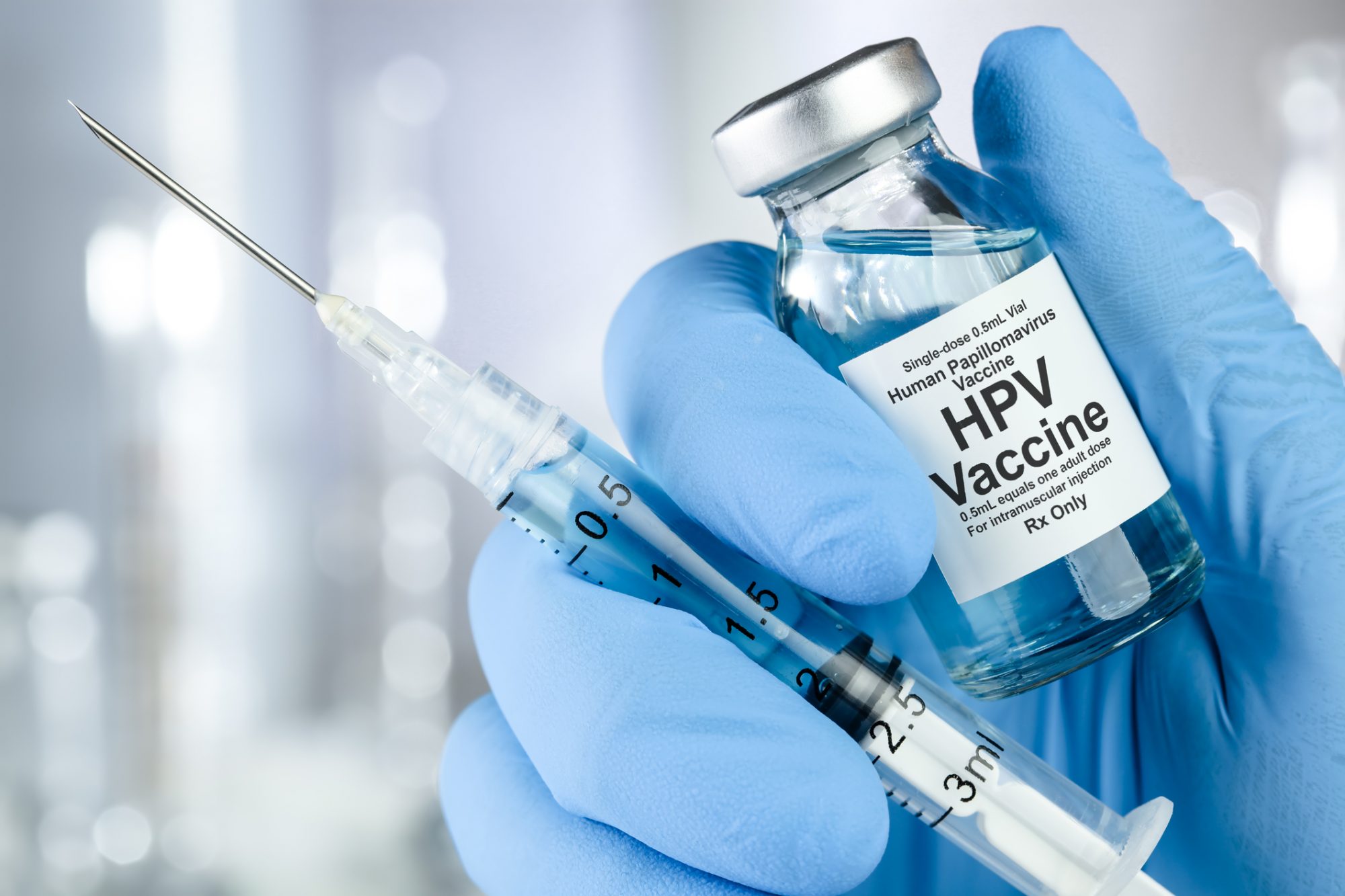Human Papillomavirus (HPV) is a widespread infection that affects millions of men and women worldwide. It is the most common sexually transmitted infection and is responsible for various health problems, including cervical cancer. In this blog, we will explore the importance of HPV vaccination and its role in preventing cervical cancer.
Understanding HPV:
HPV is a group of viruses that can cause genital warts and certain types of cancers, including cervical, anal, and oropharyngeal cancer. The virus is primarily transmitted through sexual contact. In most cases, the immune system clears the infection naturally. However, when HPV infection persists, it can lead to the development of cervical cancer.
The Importance of HPV Vaccination:
HPV vaccination has proven to be a breakthrough in preventing HPV infection and subsequent health issues. Here’s why HPV vaccination is crucial:
1. Prevention of Cervical Cancer: The most significant benefit of HPV vaccination is its ability to prevent cervical cancer. Vaccination targets the high-risk HPV strains that are responsible for the majority of cervical cancer cases. By receiving the vaccine, individuals can significantly reduce their risk of developing this potentially life-threatening disease.
2. Protection from Other Types of Cancers: HPV vaccination doesn’t only protect against cervical cancer. It also offers protection against other HPV-related cancers, including anal, vaginal, vulvar, and oropharyngeal cancers. By reducing the likelihood of infection, vaccination provides a defense against multiple types of cancer.
3. Early Immunization for Maximum Effectiveness: HPV vaccines are recommended to be administered before one becomes sexually active, as it is most effective when given before potential exposure to the virus. Therefore, immunizing adolescents, preferably between the ages of 11 and 12, provides the best chance for long-term.
4. Herd Immunity: Widespread HPV vaccination can create a phenomenon known as “herd immunity.” When a large portion of the population is vaccinated, it reduces the overall transmission of the virus. This, in turn, protects even those who haven’t been vaccinated, including vulnerable populations who may not be eligible for vaccination.
5. Safe and Effective: Extensive research and clinical trials have demonstrated the safety and effectiveness of HPV vaccines. They have been rigorously tested for many years and have been administered to millions of people worldwide with minimal side effects.
Conclusion:
HPV vaccination is an essential tool in the prevention of HPV infection and subsequent health complications, including cervical cancer. By getting vaccinated, individuals not only protect themselves but also contribute to the reduction of HPV transmission within their communities. As part of a comprehensive approach to reproductive and preventive healthcare, HPV vaccination is a powerful tool that can save lives and help eradicate cervical cancer. Consult with your healthcare provider to understand the benefits and eligibility criteria for HPV vaccination, and take a proactive step towards protecting your health.


Does one still need to have the HPV vaccine after a hysterectomy?
Thank you for breaking this cancer issue with us after how many year to l need to be screened cervical cancer